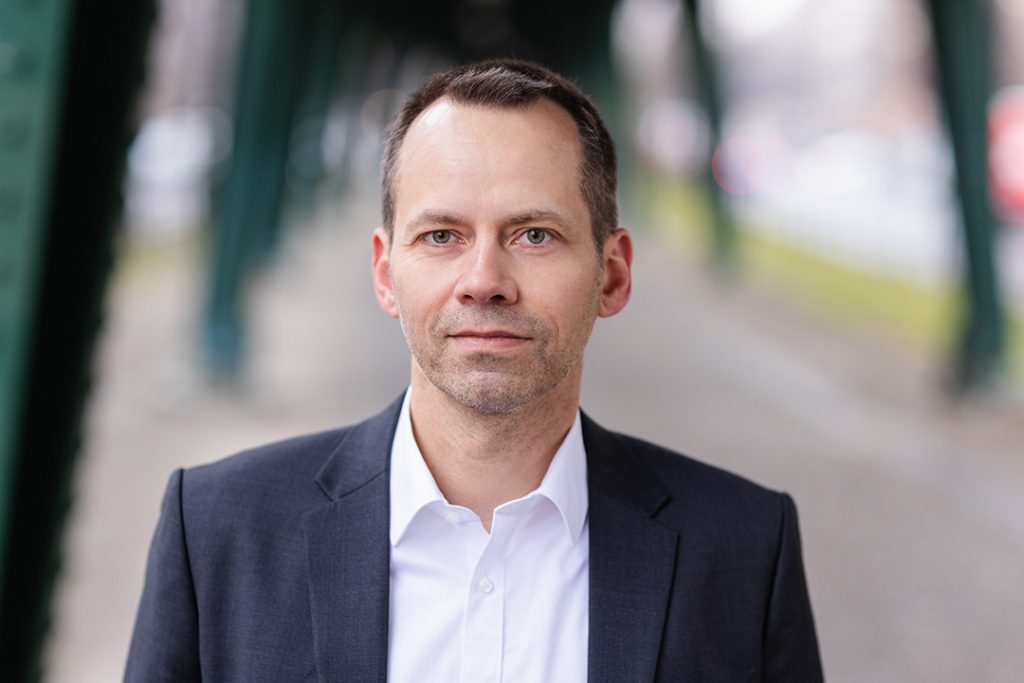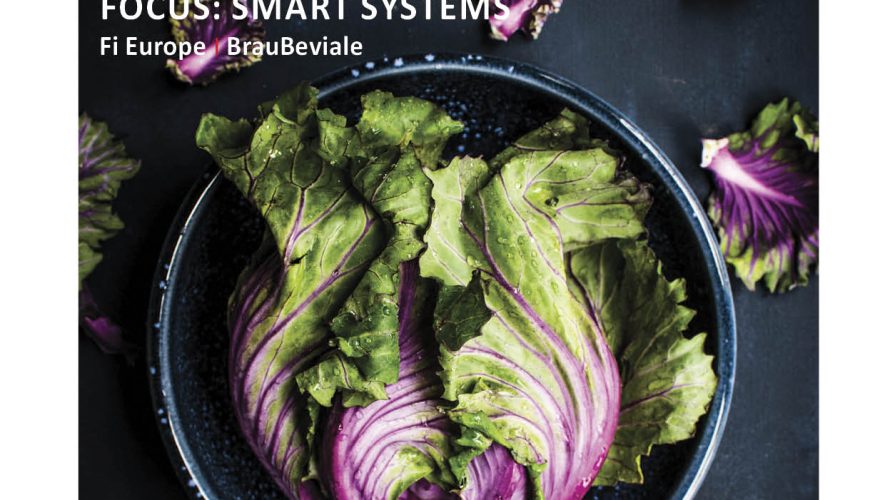The market for cultivated meat in Germany and Europe holds significant promise, and IFFA is set to focus on this future-oriented topic starting in 2025. As part of its commitment, IFFA engaged in a conversation with Ivo Rzegotta from the Good Food Institute Europe to discuss the current state of alternatives to meat from animal husbandry. In this evolving landscape, German start-ups and established companies are already playing a pivotal role in the field of cell cultivation.
IFFA, the world’s leading trade fair for innovations in process technology for meat and alternative proteins, recognizes the impact of new plant-based products, innovative fermentation processes, and the future of cultivated meat on the global food system. These developments will take center stage at IFFA, inspiring meaningful discussions and advancements. We spoke with Ivo Rzegotta, Senior Communications Manager Germany at the Good Food Institute Europe, to shed light on the challenges and opportunities associated with this transformation.

Mr. Rzegotta, the market for alternative proteins is expanding as more individuals seek sustainable dietary choices, including reducing consumption of conventional meat. The range of alternative protein products encompasses plant-based meat substitutes, hybrid products, and cultivated meat. Can you provide an overview of the current state of these segments in Germany?
“Worldwide, there are at least 1,150 companies producing plant-based alternatives to animal products, comprising both innovative start-ups and established players in the food industry. Germany alone is home to approximately 70 such companies. Additionally, numerous B2B companies are making significant advancements in this field.
Germany is the largest market for plant-based alternative products in Europe. Sales of plant-based foods in Germany grew by 11% to €1.9 billion in 2022, marking a total growth of 42% since 2020. With increasing product quality, we anticipate continued dynamic growth, particularly in categories that have shown slower progress thus far, such as plant-based fish products and structured items like plant-based steak.
The market for alternative proteins in Germany is currently dominated by plant-based products, while cultivated meat and fermentation-based products are expected to take some time to reach the market. Hybrid products combining animal and vegetable proteins occupy a niche market. However, representative polls indicate that consumers in Germany are highly receptive to cultivated and fermentation-based products, making the German market highly promising for sustainable options.”
Cultivated meat is still awaiting approval as a food product in Europe. When do you anticipate cultivated meat will be available for sale, and what are the current obstacles to its introduction? How does Germany fare in this regard?
“In recent months, significant progress has been made towards the launch of cultivated meat in the market. The first products have been approved in the USA, and similar procedures are underway in other markets. The availability of cultivated meat in Germany and Europe depends on two primary factors. Firstly, production costs need to be further reduced, and the necessary manufacturing capacities must be established before these products can be introduced on a large scale. This requires not only private investment but also increased public funding for research and infrastructure. While Germany has invested heavily in energy and transportation revolutions, a comparable effort to drive a food revolution is still pending. Secondly, cultivated meat falls under the EU’s Novel Food Regulation, which mandates a thorough food safety review before these products can be sold within the EU. However, this process is bureaucratically burdensome and takes longer compared to other parts of the world. Consequently, the German government should provide customized advisory services to assist companies in navigating this process.
Germany is home to several highly promising start-ups in the field of cell cultivation. However, as a significant industrial hub, Germany primarily leads in upstream areas such as sustainable culture media development and the production of fermenters for cultivation and fermentation. Moreover, German companies like Merck, The Cultivated B, and GEA have positioned themselves as pillars of this emerging industry sector beyond the country’s borders.”
Fermentation is another fascinating field that enables the production of food products with the appearance, taste, and cooking properties of meat using microorganisms. Could you provide an update on the progress in this area and how further advancements can be made?
“The fermentation segment is still in the early stages of unlocking its full potential within the alternative protein sector. Currently, there are at least 136 companies worldwide working on sustainable protein production using modern fermentation processes. Germany is particularly strong in this area, with the third highest number of start-ups after the USA and Israel. Companies such as Formo, Mushlabs, and Kynda contribute to building a robust ecosystem, positioning Germany as a global powerhouse in this emerging category.
The challenges in fermentation are similar to those in cell cultivation. The underlying technologies are proven to work, and companies have demonstrated their ability to produce delicious and sustainable products. However, to match the production costs of their animal-based counterparts and achieve significant quantities, private investors and political decision-makers must make concerted efforts.
You mentioned that Germany possesses all the necessary requirements to become a global pioneer in the nutrition and protein revolution. What makes you believe this? Are there other countries like Israel, Singapore, the USA, or the Netherlands that are already ahead?
“Experience has shown that successful ecosystems for alternative protein sources emerge when policymakers actively shape the sector to leverage its economic, environmental, and health potential. Israel and Singapore are pioneers in this regard. Large industrialized countries such as the USA, China, and Japan have also embraced the promotion of alternative proteins as a strategic economic lever. However, no country currently holds an insurmountable lead in this domain.
If the German government follows through on its commitment to promote alternative protein sources, as outlined in the coalition agreement, Germany can join the leaders in this field. Germany possesses the necessary elements, including an innovative start-up landscape, a robust food and agriculture sector, an excellent research system, and open-minded consumers.
At this juncture, it is crucial for policymakers to chart the best course for research funding, infrastructure development, regulation, fair competition, and support for established players in the food and agriculture sectors to drive this transformation. A national roadmap outlining the necessary steps to make Germany the global innovation leader in alternative proteins by 2030 is paramount.”
IFFA, Technology for Meat and Alternative Proteins, is held every three years in Frankfurt am Main. As the world’s foremost trade fair for innovations in process technology for meat and alternative proteins, IFFA serves as a platform for the latest trends and brings together experts from around the world.
IFFA Technology for Meat and Alternative Proteins will take place from May 3 to 8, 2025.


